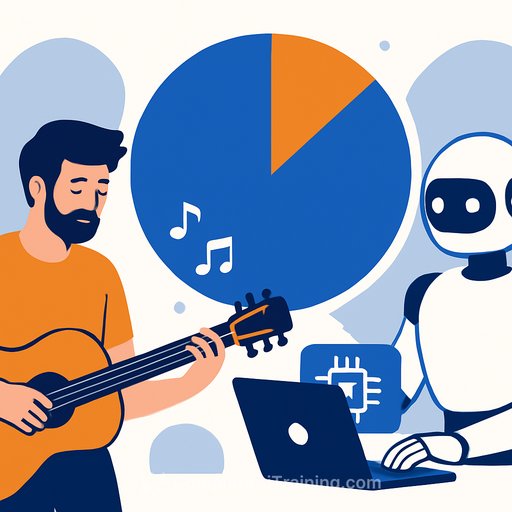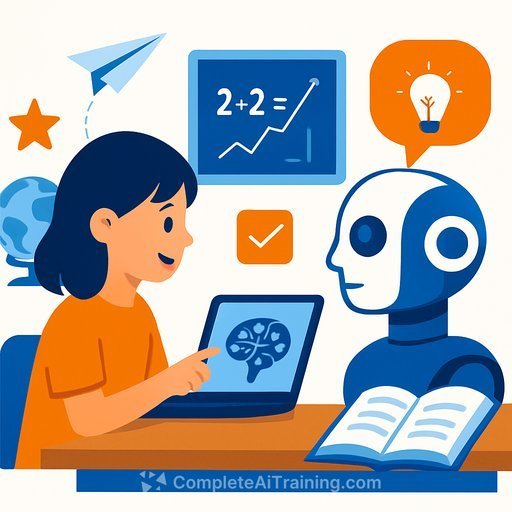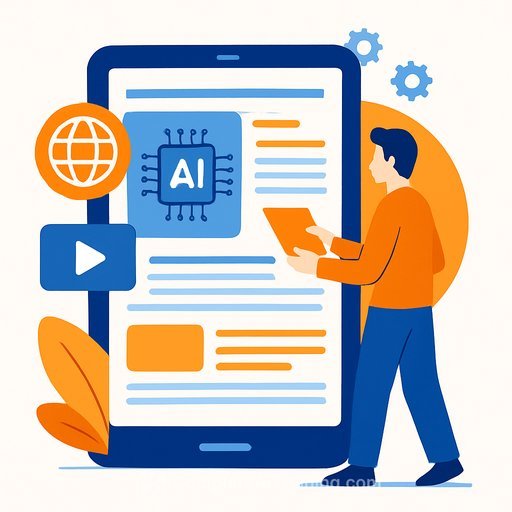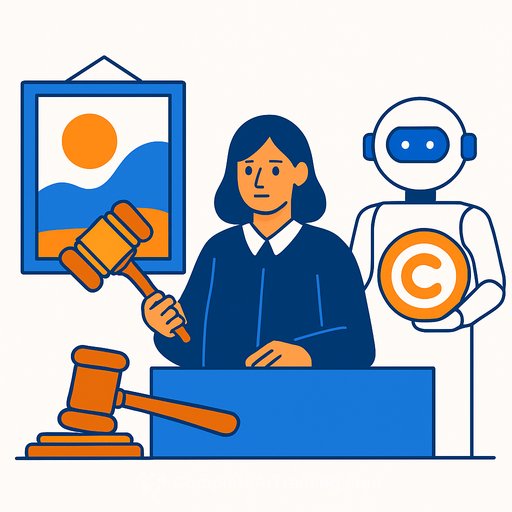87% of Musicians Are Now Using AI Somewhere in Their Creative Process
A new study from LANDR surveyed 1,200 music creators and found that 87% use AI at some point in their workflow. That includes songwriting, production, promotion, and fan engagement.
The headline isn't hype-it reflects a practical shift. AI is becoming a standard part of the toolkit for artists at every level.
What Creatives Are Actually Doing With AI
Creators aren't outsourcing their taste. They're using AI to move faster, cover weak spots, and stay consistent across the release cycle.
- Songwriting: lyric ideation, chord/harmony suggestions, melody sketches
- Production: drum pattern ideas, sound design help, stem separation
- Vocals: voice generation for demos or parts when singers aren't available
- Mix/Master: assistant settings and reference matching to get to "good" faster
- Marketing: cover concepts, copy drafts, captions, content variations
- Community: fan messaging templates, segmented updates, basic analytics
Respondents even described using AI "like a band of session musicians" or relying on voice generation when their own singing holds a track back.
Song Generators: From Novelty to Useful
29% of surveyed artists already use song generators. Most are not trying to spit out finished tracks-they're creating parts and building around them.
Beginners are the most active here: 51% say they use these tools, compared to 25% of professionals. Even among non-users, 65% are open to trying them for individual elements.
Lean Teams, Bigger Output
The study highlights a clear trend: teams are getting smaller, output is going up. AI closes skill gaps so a single creator can move from idea to release without waiting on others.
LANDR's leadership frames it simply: independent artists can take an idea from the bedroom to a global release with a level of polish that used to require a team.
Creators' Concerns Are Real
Artists worry about generic or "soulless" results and the ethics of training data. Those concerns are warranted and worth addressing head-on.
If your voice matters (and it does), keep human taste in the loop and source tools that respect consented data. For policy context and ongoing guidance, see the U.S. Copyright Office's AI initiative.
What This Means for Working Creatives
Success is shifting from budgets and label deals to output quality, consistency, and how well you integrate smart tools into your process.
- Define your AI stack: writing aids, arrangement helpers, voice tools (consented), mix/master assistants, art/copy generators, and scheduling/CRM
- Use AI for parts, not the whole track-keep your taste as the final filter
- Protect your voice and your collaborators' rights; avoid unlicensed models
- Build a repeatable release playbook: idea → demo → feedback → iterate → pre-save → content batch → launch → follow-up
- Track time saved per track and cost per release; A/B your promo copy and artwork
- Dedicate one focused block each week to improving your AI workflow
Quick Ideas Mapped to the Workflow
- Pre-production: reference track analyzers, creative brief generators
- Writing: melody/hook helpers, rhyme and scansion checks
- Production: drum/bassline generators, stem separation for remixing
- Vocals: text-to-singing or voice-to-voice for demos with consented models
- Mix/Master: assistant starting points, reference matching, loudness checks
- Release: cover concepts from mood boards, short-form caption drafts
- Community: segmented fan messages, content calendars, simple analytics
Upskill Without Guesswork
If you want a structured way to level up your stack and workflow, explore practical programs for creatives at Complete AI Training - courses by job.
Methodology Snapshot
LANDR surveyed 1,200 members of its global community, ages 16+, between September 30 and October 6. The online survey included 30+ questions across multiple formats. 43% identified as advanced, and respondents represented a wide mix of genres and production methods.
Bottom line: AI isn't replacing taste or originality-it's removing friction. The artists who ship consistently and keep their voice intact will win this era.
Your membership also unlocks:





